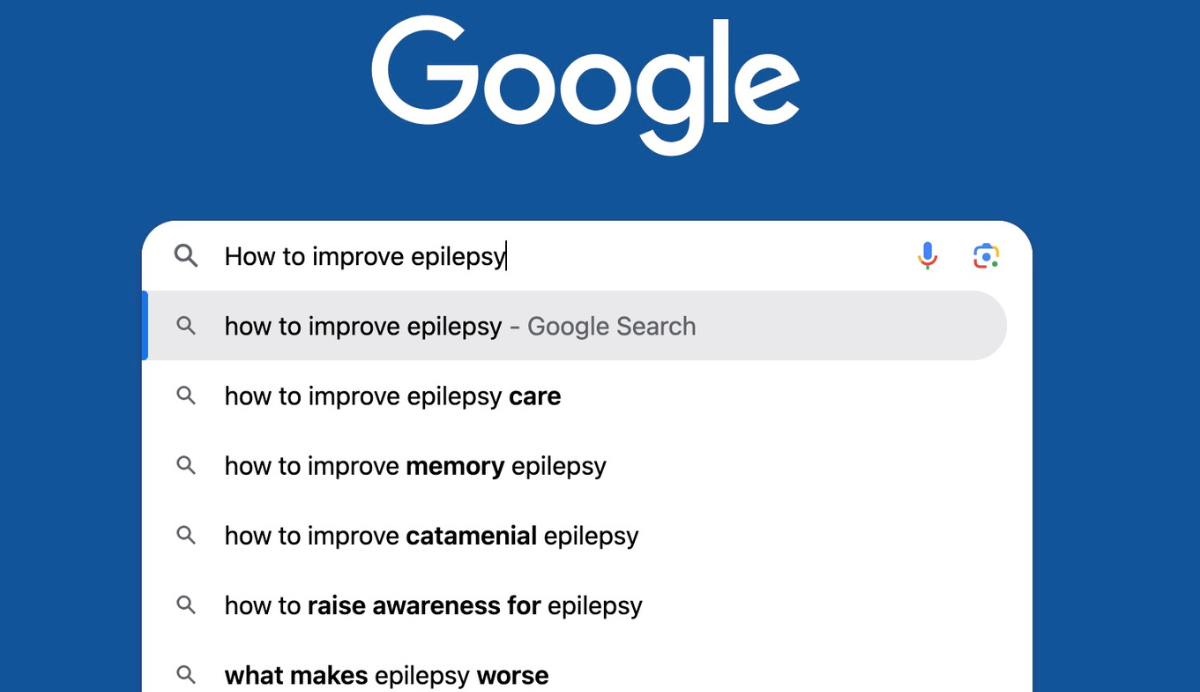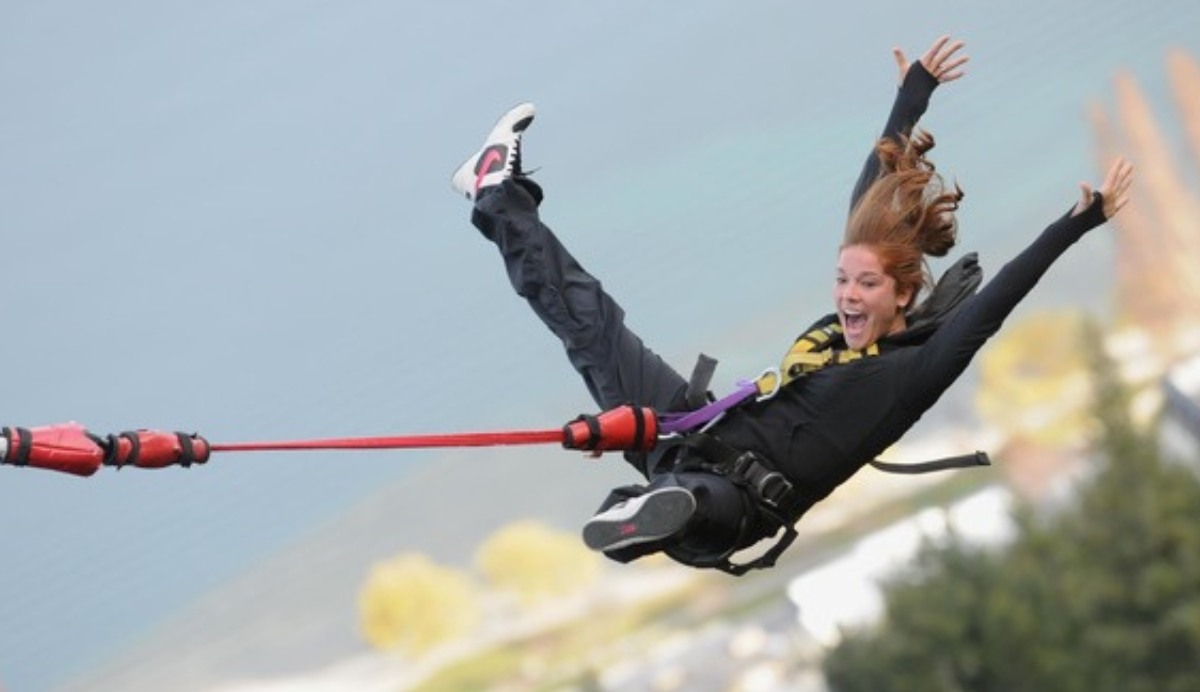The COVID-19 pandemic had a devastating global economic and social impact. As the world went into lockdown, businesses were fast-tracked into digital transformations with technological advancements accelerated by several years.
For the Australian Epilepsy Project (AEP) the pandemic prompted transition from traditional face-to-face neuropsychology testing to teleneuropsychology (teleNP), enabling continued safe operations during the pilot phase of the study.
A necessitated adaption to a teleNP model has seen delivery of verbal tasks via videoconference, visual stimulus delivery via document camera, webhosting, computerised assessments, substitution of written tests to oral versions, online delivery of questionnaires as well as the discontinuation of any tasks that became telehealth incompatible.
Now in the main phase of the study, the integration of a teleNP tool represents a medium through which clinical research and important clinical care can continue, and an opportunity to expand the reach and breadth of neuropsychological services.
The potential benefits of teleNP have long been recognised, including convenience, improved access, user satisfaction, and potential cost-reductions. However, the suitability of teleNP for certain patient groups such as paediatrics, people with an intellectual disability, and linguistically and culturally diverse members of the population, does pose some important issues along with access to technology and suitable hardware to support videoconference-based testing.
That said, it would seem the social distancing measures born out of the pandemic are likely to be around for some time and thus highlights the importance of continually developing testing options via a telehealth setting, to improve access to neuropsychological testing beyond the pandemic.
Read more on how the AEP’s model of telehealth-based operations provides a template for the future landscape of healthcare.
Teleneuropsychology in the time of COVID-19: the experience of the Australian Epilepsy Project – seizure: European journal of epilepsy 2020
Tailby C, Collins AC, Vaughan D, Abbott DF, O’Shea M, Helmstaedter C, Jackson G.

Ask an Epilepsy Expert: What can I do to help my condition?

Ask an Epilepsy Expert: How is epilepsy diagnosed?


